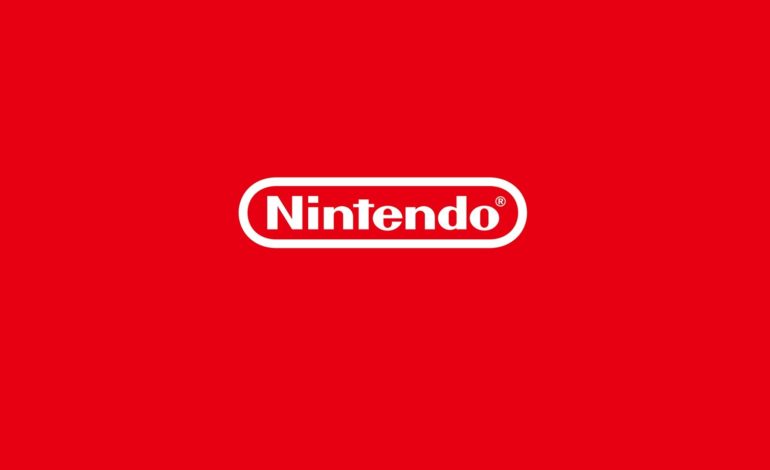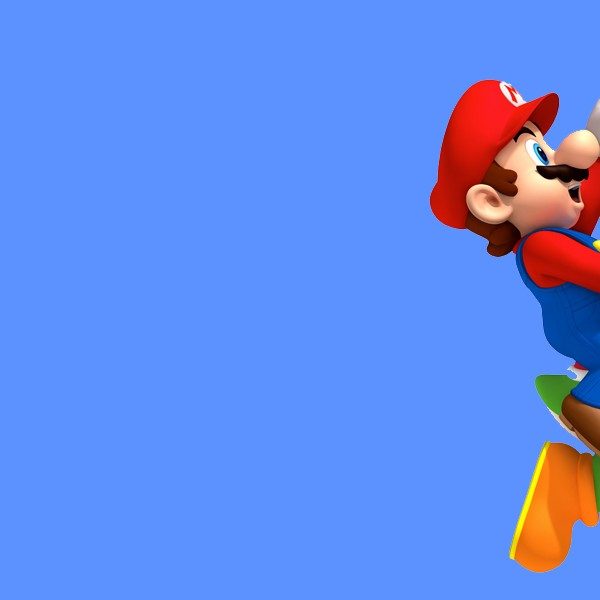

Last Friday, an employee from Nintendo of America filed a labor complaint, alleging the company and international hiring firm, Aston Carter, have violated the National Labor Relations Act (NLRA). The worker, who wishes to remain unnamed, claims the companies engaged in alleged “concerted activities” and allegedly made “coercive actions” to disrupt the worker’s legal right to organize. Due to the worker using their legally protected right to unionize, the worker alleges Nintendo of America and Aston Carter violated the NLRA in four ways:
- 8(a)(1) Coercive Statements (Threats, Promises of Benefits, etc.)
- 8(a)(1) Coercive Actions (Surveillance, etc)
- 8(a)(3) Discharge (Including Layoff and Refusal to Hire (not salting))
- 8(a)(1) Concerted Activities (Retaliation, Discharge, Discipline)
While filed in Washington, due to Nintendo of America being located near the Seattle area, the investigation that follows will be conducted on a federal level. According to Axios, this situation “shouldn’t be ignored.” University of California, Berkeley professor and labor expert, Harley Shaiken, told Axios, “If the [National Labor Relations Board] is listing these allegations, it’s pretty serious, and their ability to act on it is very real.” If these companies were to be found in violation of the NLRA, they would be issued cease-and-desist orders to prevent future violations. Additionally, if the companies unlawfully terminated employees, the companies would be forced to reinstate the terminated employees and pay for the worker’s wages for the time they were fired.
For some time now, Nintendo has been able to avoid public controversy surrounding the growing push for unions in the gaming industry. From Activision Blizzard struggling with the push for unions, to Microsoft promising to respect either outcome, video game unions are beginning to gain momentum within the industry. If Nintendo of America is found in violation of the NLRA, that precedent would most likely allow unions to flourish within the gaming industry. Speculatively, this lawsuit could establish a new era in video game development, a career currently notorious for being overworked and underpaid.
Play games, take surveys and take advantage of special offers to help support mxdwn. Every dollar helps keep the content you love coming every single day.

